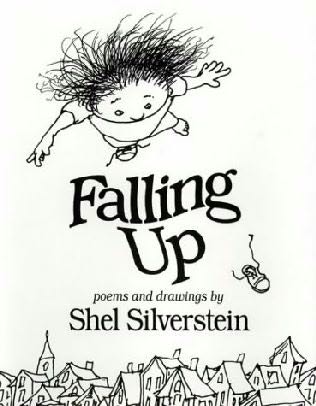"Because I sometimes have a queer feeling with regard to you - especially when you are near to me, as now: it is as if I had a string somewhere under my left ribs, tightly and inextricably knotted to a similar string situated in the corresponding quarter of your little frame. And if that boisterous Channel, and two hundred miles or so of land, come broad between us, I am afraid that cord of communion will be snapped; and then I've a nervous notion I should take to bleeding inwardly." – Edward Rochester of Charlotte Brontë’s novel Jane Eyre
The above quotation, from Charlotte Brontë’s novel Jane Eyre could very easily be mistaken for a man confessing his overwhelming love for a woman; however the content of the text is of very little import. It is the language and the literary devices utilized within this certain arrangement of words that legitimize the work as a worthy piece of literature. The subject of the quotation is insignificant; it simply creates an opportunity for the author to engage various literary devices; metaphor and hyperbole, for example. The metaphor is finely crafted; Brontë compares Rochester’s constant longing to be by Jane’s side to a string that binds the two together, and if the two should be separated by a great distance, his heart would break, just a string would snap if it were stretched beyond its capacity. The subject matter, however, is insignificant. Brontë could have applied this metaphor to any number of story lines or dialogues; it is clear that this particular situation was merely the most convenient occasion to utilize both a specific and pre-determined figure of speech. The instance also provides and opportunity for exaggeration; Rochester would not actually hemorrhage if he and Jane were to be separated, but expressing that “[He] has a nervous notion that [he] should take to bleeding inwardly” suggests a most powerful and passionate feeling. This exemplifies just how the surrealistic nature of literary devices emphasizes the significance of form; the content of the text could never actually occur, making it meaningless, but the format of the text is functions before the eyes of the reader, making it extremely real. Also, the language employed in this quotation is disparate from the language that a man of today would use to confess sentiments of adoration toward a woman, which immediately estranges the reader from the informal and routine nature of daily speech and conversation, thus forcing the reader to become re-acclimated to this unfamiliar language. Having to adapt to a new type of language both heightens the reading experience and creates a deeper appreciation of the text. Brontë’s work successfully uses unfamiliar diction, syntax, and various literary techniques to create a work of true merit.







No comments:
Post a Comment